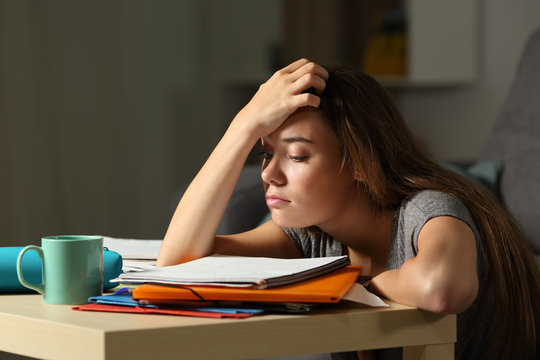The start time of schools has been a very controversial topic for years. Some think that elementary schools should start before high schools because the natural sleep schedule of younger children has them going to sleep earlier and then waking up earlier than high school students. Others think that the starting time of schools does not matter because kids will be in school the same amount of time every day no matter what. Each approach offers advantages and disadvantages.
Science tells us that teenagers need about 8-10 hours of sleep per day for their brains to fully function. A student whose school starts at 7:50 am will have to wake up from 6:30-7:15 am. With this wake-up time, a student needs to go to sleep around 10pm in order to gain their full 8 hours of sleep. However, with the increasing amount of extracurriculars students are taking, combined with the homework they have, it is almost impossible to be in bed at 10 pm. Sophomore Sophia Morlino said that she is lucky to be in bed by 11:30 pm. Teenagers who do not get enough sleep will start to have shorter attention spans and may lose their temper more easily. They also have a higher risk of developing a drug/alcohol addiction, and most of the time develop a caffeine addiction. If the start time of schools is later, students will be able to get the sleep they so desperately need. This will not only improve the grades they get but will also improve their attitude towards things such as friendships/relationships. Studies have proven that teenagers get their highest quality of sleep starting around 2 am until late morning. It simply doesn’t make sense to force teens into a sleep schedule that does not align with activities in their life, and does not provide the highest quality of sleep. With extra sleep granted from a later start time, mental health would significantly improve and teens would be overall more optimistic.
The current school day at BBHS is from 7:50 AM -2:20 PM. That is almost seven hours of in-school learning. If the school day did start later, students would still be in school for 7 hours. But with a later start time, the school day would not end until later. This means that students would have less time in the afternoon to participate in sports and other extracurricular activities. Homework would be pushed back until later in the evening, and students would continue to go to bed later. Such scheduling considerations would need to be thoughtfully addressed before a dramatic change in the school day is implemented; there is no reason that schools should start later if students will be sleep deprived by the same amount as when school starts earlier.
Is there a way to compromise? Could the school day be slightly shorter? Can after school activities be creatively adapted to fit with a later start time for high school students? Is there a way schools can provide teens with a schedule that is more optimal for their mental and physical health? These are the kinds of questions that need to be asked to begin a dialogue in the Blind Brook School District that meaningfully addresses student health concerns presented by the school day start times.







